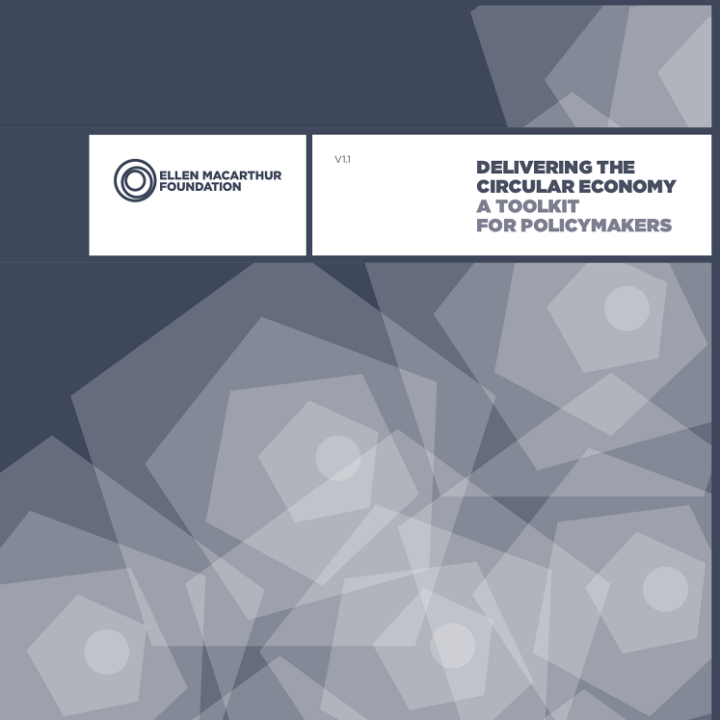2015, Ellen Macarthur Foundation
The Relevance of Circular Economy Practices to the Sustainable Development Goals
2019, Schroeder, Anggraeni & Weber
Abstract
This paper identifies the extent to which circular economy (CE) practices are relevant for the implementation of the Sustainable Development Goals (SDGs). The results of a literature review and a matching exercise to determine the relationship between CE practices and SDG targets show that CE practices, potentially, can contribute directly to achieving a significant number of SDG targets. The strongest relationships exist between CE practices and the targets of SDG 6 (Clean Water and Sanitation), SDG 7 (Affordable and Clean Energy), SDG 8 (Decent Work and Economic Growth), SDG 12 (Responsible Consumption and Production), and SDG 15 (Life on Land). The paper also explores synergies that can be created through CE practices among several of the SDG targets. Furthermore, it identifies several potential trade-offs between targets for decent work, safe working environments, human health and current CE practices relating to recycling of municipal waste, e-waste and wastewater, and provides suggestions how these can be overcome. The paper concludes that CE practices can be applied as a “toolbox” and specific implementation approaches for achieving a sizeable number of SDG targets. Further empirical research is necessary to determine which specific types of partnerships and means of implementation are required to apply CE practices in the SDG context.






